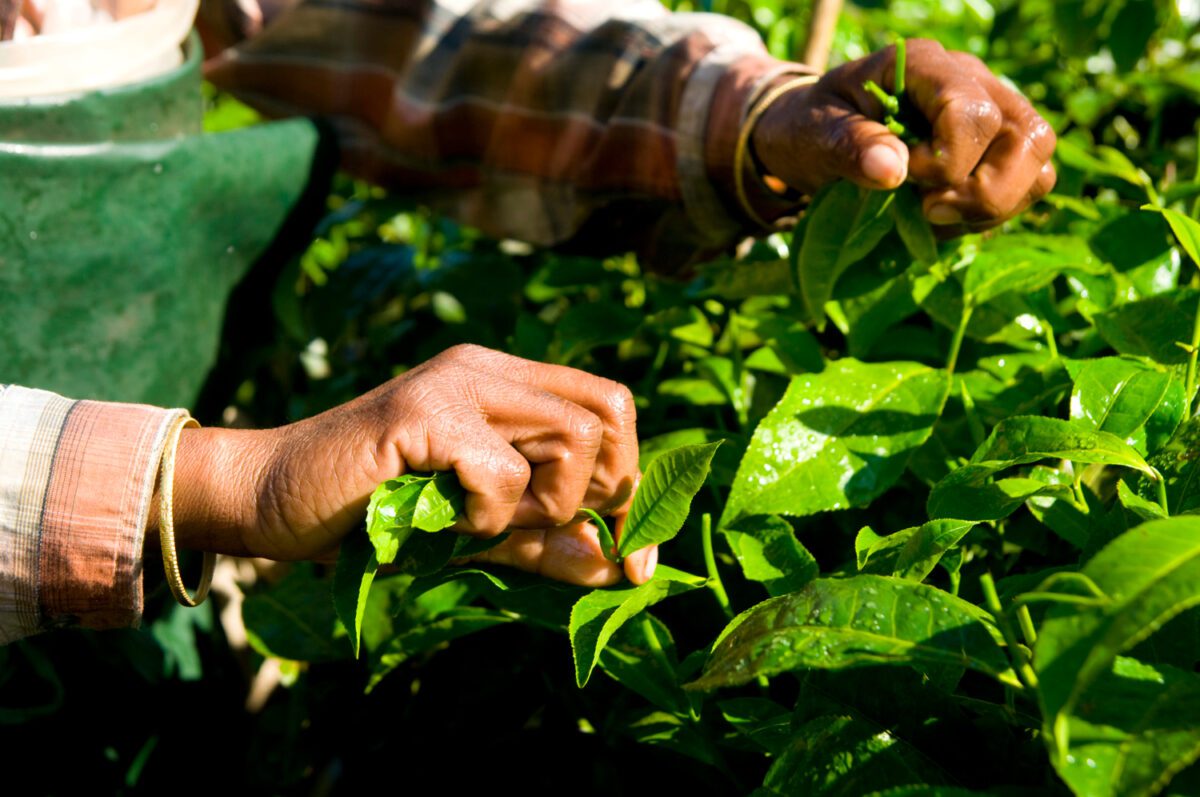KTDA Directors Set to Approve Bonuses to Farmers Amidst Challenging Year for Tea Industry

Directors representing the 71 tea factories managed by the Kenya Tea Development Agency (KTDA) are gearing up for a crucial series of meetings this September to focus on the review and approval of their respective factories’ annual financial accounts for the year 2022/2023. The timing of these deliberations is pivotal, as they precede the eagerly awaited declaration of the second and final payment to farmers scheduled for October 2023.
KTDA announced that the directors’ primary agenda will revolve around assessing the performance of their individual factories during the financial year that concluded in June 2023. It is only after this comprehensive evaluation that the directors will unveil the second payment rates pertinent to their specific factories.
The backdrop against which these discussions are taking place has been marked by twin challenges for the tea industry in Kenya. First, a severe drought has plagued the tea-producing regions, significantly affecting farm output. Secondly, the global tea market has posed a formidable challenge due to the limited access to the US dollar by key tea-buying markets. In his statement to stakeholders, the KTDA Managing Director gave assurances that the organization remains unwavering in its commitment to ensure that farmers receive just compensation for their unwavering dedication and hard work.
This announcement harks back to the January disbursement by KTDA, which saw a total of Ksh.5.5 billion distributed. This sum encompassed Ksh.2.8 billion as payment for December’s green leaf deliveries and an additional Ksh.2.7 billion disbursed as mini-bonuses. These mini-bonuses were allocated to factories whose directors had passed resolutions to implement them. During this disbursement, farmers received bonuses ranging from Ksh.5 to Ksh.10 per kilogram of green leaf delivered to their respective factories for the six months leading up to December the previous year.
READ: Kenya’s Agriculture Sector Confronts Surging Interest Rates
According to KTDA, it adheres to a two-step payment model, encompassing monthly payments, interim payments (mini-bonuses), and a final payment (bonus) contingent upon the performance of each individual factory. The current meetings to determine bonus payments are being convened at a juncture when preliminary data reveals a marginal decline in both green leaf production and sales prices at the Mombasa tea auction.
Green leaf volumes delivered to factories managed by KTDA dwindled by 8.5 percent in the year concluding in June 2023, plummeting from 1.3 billion kilos to 1.1 billion kilos when compared to the preceding year. This decline is attributed to the enduring drought conditions that have plagued the region, leading to decreased farm output. In addition, the prices fetched at the tea auction experienced a modest decline of three percent. The average price per kilo across all factories stood at $2.7 (Ksh.394) during the 2022/2023 financial year, in contrast to $2.8 (Ksh.409) recorded in the previous year.
READ: Nairobi Coffee Exchange Auction Resumes After Brief Suspension
These recent developments in Kenya’s tea industry echo the recurring challenges faced by the sector in recent years. The ongoing drought conditions serve as a stark reminder of the vulnerability of tea farming to climatic fluctuations. In the past, we have witnessed similar struggles as farmers grappled with unpredictable weather patterns, resulting in diminished yields and financial strains.
In addition, the international tea market’s dynamics have proven to be a persistent challenge. Limited access to the US dollar by key tea-buying markets has often left Kenyan tea exports vulnerable to currency fluctuations and market uncertainties. The need for diversification and risk mitigation strategies in tea trading has been a recurring theme in discussions surrounding the industry’s future.



